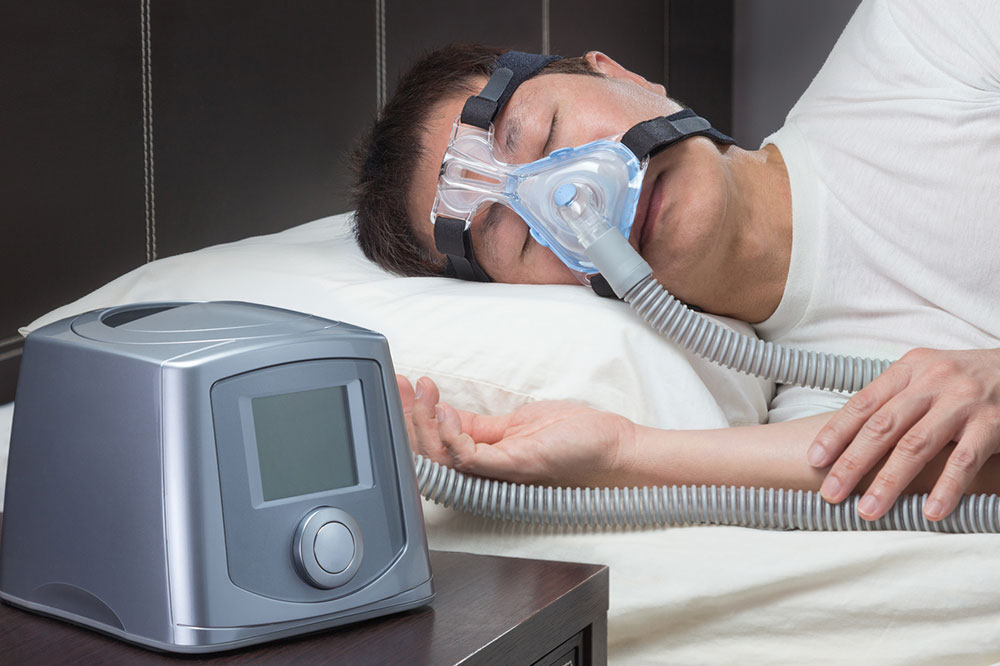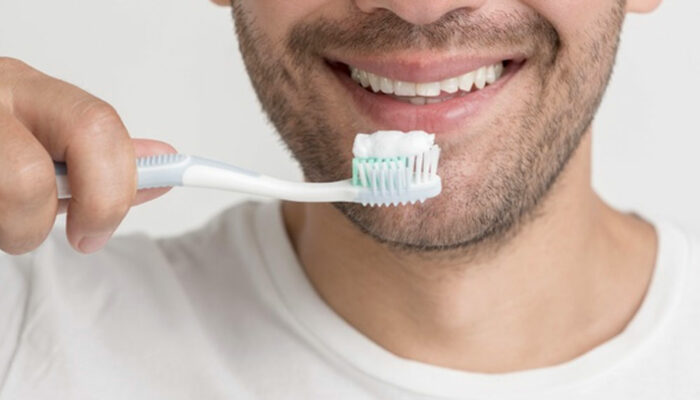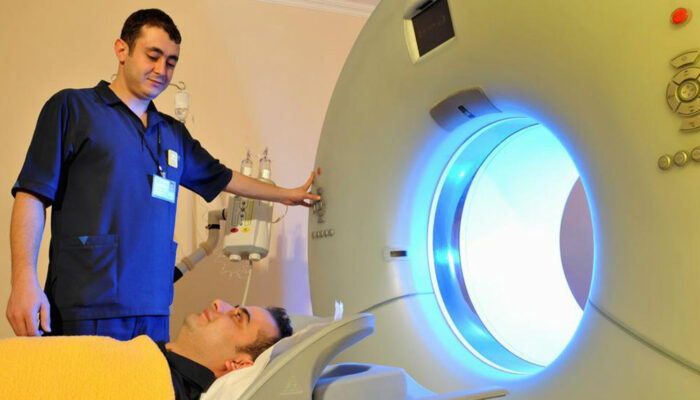
Signs That Indicate Sleep Apnea
Sleep apnea is a severe disorder that results in multiple breathing interruptions when one is asleep. Although it is a common condition, sleep apnea can be a serious issue and can also lead to health complications like heart disease and type 2 diabetes if left untreated. Read on to understand the signs and symptoms of sleep apnea:
Signs in adults
Among adults, loud snoring is one of the most common signs of this sleep disorder. People may often say that the patient’s breathing stops at times while they are asleep. Also, the condition can lead to a person suddenly waking up in the middle of the night due to shortness of breath. When they wake up suddenly, they may gasp for air or experience choking. Additionally, patients may develop dry mouth when they wake up as most people with the condition tend to breathe through their mouths. One may also experience a sore throat or wake up with a heavy head if they have sleep apnea.
Sleep apnea often results in insomnia, a medical condition that results in sleep interruptions as one cannot fall or stay asleep. Another sign of sleep apnea is hypersomnia, which makes one feel extremely sleepy during the day. One may also develop memory problems, like difficulty staying attentive, and mood swings are also common signs of the condition. One may become overweight or experience sexual dysfunction and low libido as a result of sleep apnea.
Signs in children
About 3% of children in the country suffer from sleep apnea. The condition leads to the development of several signs and symptoms in children that may be similar to ADHD symptoms, including behavioral, learning, and adaptive issues. Difficulty in learning, short attention span, and poor performance in studies can be strong indications of sleep apnea in children. Other than these, the child may also snore, which is the most common sign of the condition. Children may also start breathing through the mouth, both when they are sleeping or awake, and kids with sleep apnea often wet their bed during sleep.
Signs in toddlers
Most signs and symptoms of sleep apnea can be difficult to notice in toddlers unless one is carefully looking for them. When toddlers are asleep, one should carefully observe whether they are facing any trouble breathing or if they are snoring. Profuse sweating, choking, coughing, breathing pauses, and restlessness can all be common signs of sleep apnea in toddlers.
If one notices any of these signs and symptoms of sleep apnea, the best thing to do is to consult a doctor at the earliest. They can recommend the right course of action to manage the disease and improve the quality of life of a patient.



